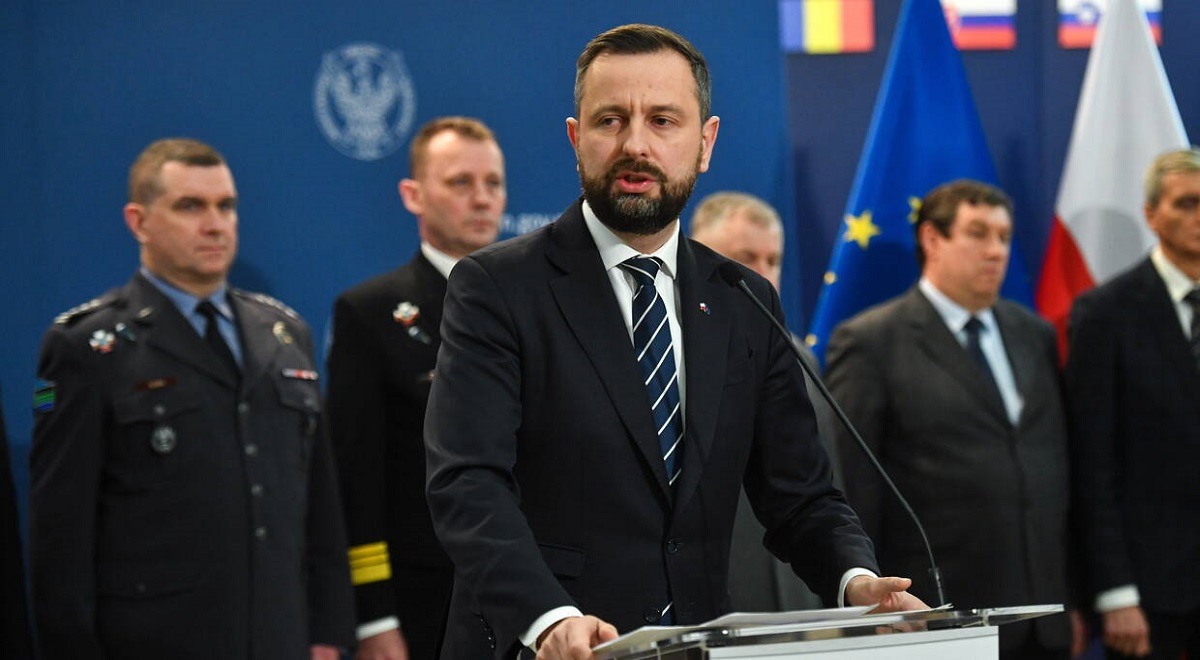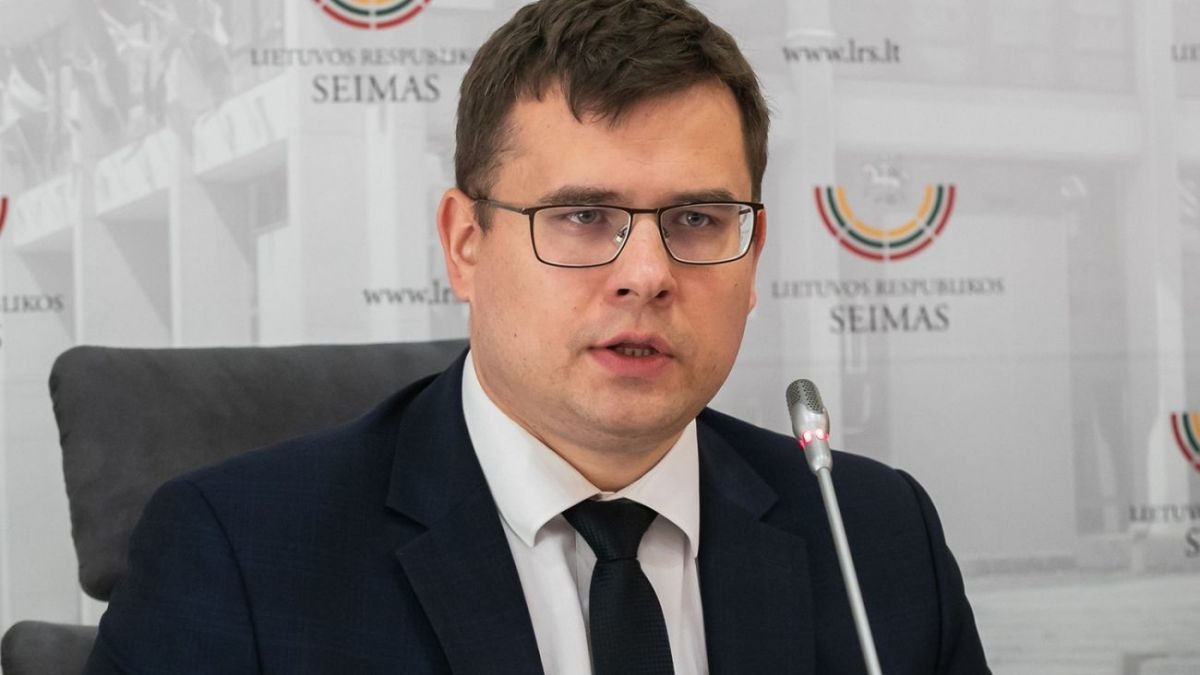Poland and Lithuania have offered to assist Ukraine in returning men subject to military conscription who are currently abroad. This comes after Ukraine announced the suspension of consular services for such individuals.
Poland’s Defense Minister, Władysław Kosiniak-Kamysz, stated that his country has suggested helping Ukraine ensure that men subject to compulsory military service return to Ukraine, but did not elaborate on the mechanisms that would be used. Lithuania’s Defense Minister, Laurynas Kasčiūnas, also expressed his country’s willingness to make similar efforts.
Ukraine is facing a huge personnel and equipment deficit compared to Russian forces, and has recently passed a new law on mobilization that lowers the age at which men can be called up from 27 to 25.

Poland’s Defense Minister, Władysław Kosiniak-Kamysz (Credits: Polskie Radio)
The country’s foreign ministry announced that it would suspend consular services for men subject to the draft who are living abroad, leading to angry scenes at consular offices and agencies in Poland.
Ukraine’s Foreign Minister, Dmytro Kuleba, stated that it is unacceptable for Ukrainian men outside the country to “sit down in restaurants” while others are dying, and that the move is partly about demonstrating fairness to those who are at the front.
Thousands of men are believed to have crossed Ukraine’s western borders illegally since the war began, while many others have lived outside the country for years and do not wish to return.
There are estimated to be around 300,000-400,000 Ukrainian men of military age currently living in Poland, according to Igor Lisin, vice-president of Foundation Ukraine. However, there is no mechanism by which Polish authorities can deport Ukrainian men to Ukraine, and no current plans to declare their presence in the country illegal.
The Polish parliament is due to consider new regulations next week that would require all Ukrainians to show a valid passport to access benefits in Poland. This could potentially cut off benefits for around 80% of Ukrainians in Poland, and may also raise questions about whether people without a passport can work legally.

Lithuania’s Defense Minister, Laurynas Kasčiūnas (Credits: RBC-Ukraine)
The new regulations have caused stress and fear among Poland’s Ukrainian community, partly due to the uncertainty over how they will work in practice.
Poland has been a vocal supporter of Ukraine and has opened its borders to Ukrainian refugees, but there is evidence of increasing “Ukraine fatigue” in Polish society as the war drags on.
Protests by Polish truckers over transit access for their Ukrainian counterparts blocked the border between the two countries for several weeks, and surveys show attitudes to Ukrainian refugees are becoming gradually less welcoming.
























